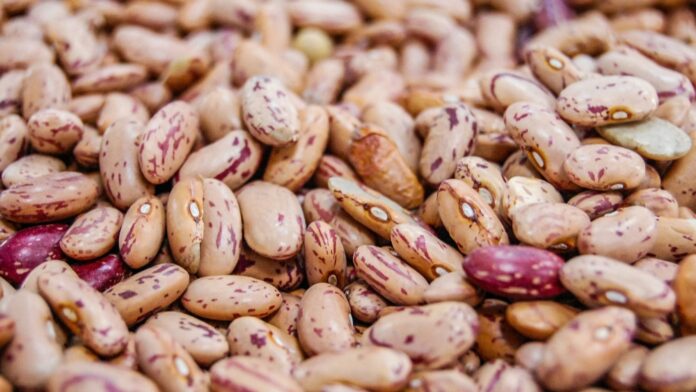Monsoon season brings relief from the scorching summer heat, but it also brings changes to our dietary needs. The damp and humid weather can affect digestion and make us more susceptible to infections.
Therefore, it’s crucial to be mindful of what we eat, especially when it comes to pulses, a staple in many diets. While pulses are generally healthy, certain types are best avoided during the rainy season due to their potential to cause digestive issues.
Green gram (Moong dal)
Green gram, or moong dal, is usually considered light and easy to digest. However, during the monsoon, it can sometimes cause bloating and indigestion due to the increased humidity, which affects its natural properties.
Black gram (Urad dal)
Black gram, or urad dal, is another pulse that should be limited during monsoon. It is known for its heavy and hard-to-digest nature, which can be exacerbated in the damp weather. Consuming black gram during this season may lead to gas, bloating, and discomfort.
Red lentils (Masoor dal)
Red lentils, or masoor dal, can also pose digestive challenges during the monsoon. Though they are nutritious, the high humidity can make them harder to digest, leading to potential stomach issues. It is better to consume them in moderation or opt for well-cooked preparations.
Rajma (Kidney beans)
Rajma, or kidney beans, are popular in many cuisines but should be avoided during the monsoon. They contain complex sugars that are difficult to digest, especially in humid conditions, increasing the risk of gastric troubles.
Chickpeas (Chana)
Chickpeas, or chana, are another pulse to be cautious about during this season. They are high in protein and fiber, which can be hard on the digestive system in monsoon weather, potentially causing bloating and indigestion.


